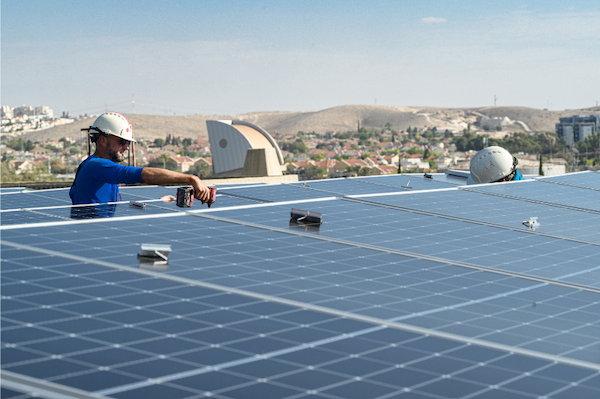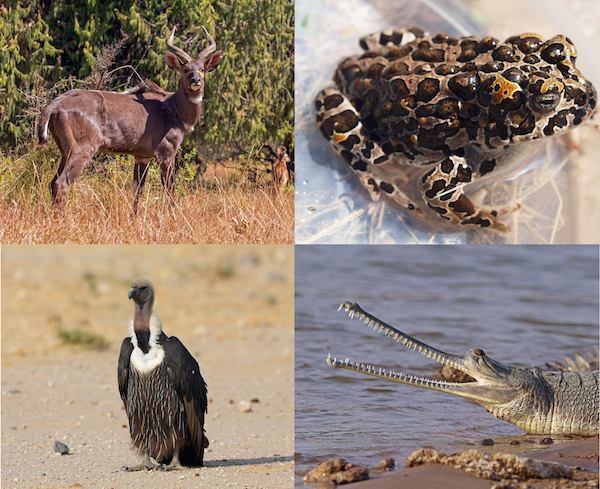(photo from BGU)
Ben-Gurion University of the Negev will soon produce 20% of its energy needs on the Marcus Family Campus from solar energy. Recently, solar panels were installed on the roofs of three buildings on campus in the first stage of the initiative.
The project is estimated to cost NIS 2 million (approximately $736,000 Cdn). Once completed, it will replace more polluting fuels that are typically used to power buildings. The university is expected to recoup this investment within a few years as it reduces its energy expenses.
Dr. Daniel Farb has donated a small wind turbine called the Tulip, developed by his company, which will charge laptops and phones from wind energy.
In April 2022, BGU announced it would stop investing in companies that produce oil and coal and move those investments and all future investments into alternative energies and investment vehicles governed by ESG (environmental, social and governance) principles.
The university was awarded Green Campus status by the Israeli Ministry of Environmental Protection in 2010 and has been among the top universities worldwide in green rankings. Bike racks, electronic recycling and solar and wind-powered charging stations can be found all over campus.
BGU’s Jacob Blaustein Institutes for Desert Research have been studying environmental issues for 50 years. Leveraging these strengths, the Goldman Sonnenfeldt School of Sustainability and Climate Change was dedicated in May 2022. It brings together more than 150 labs on the university’s three campuses to tackle these issues.
– Courtesy Ben-Gurion University of the Negev, BC & Alberta Region


